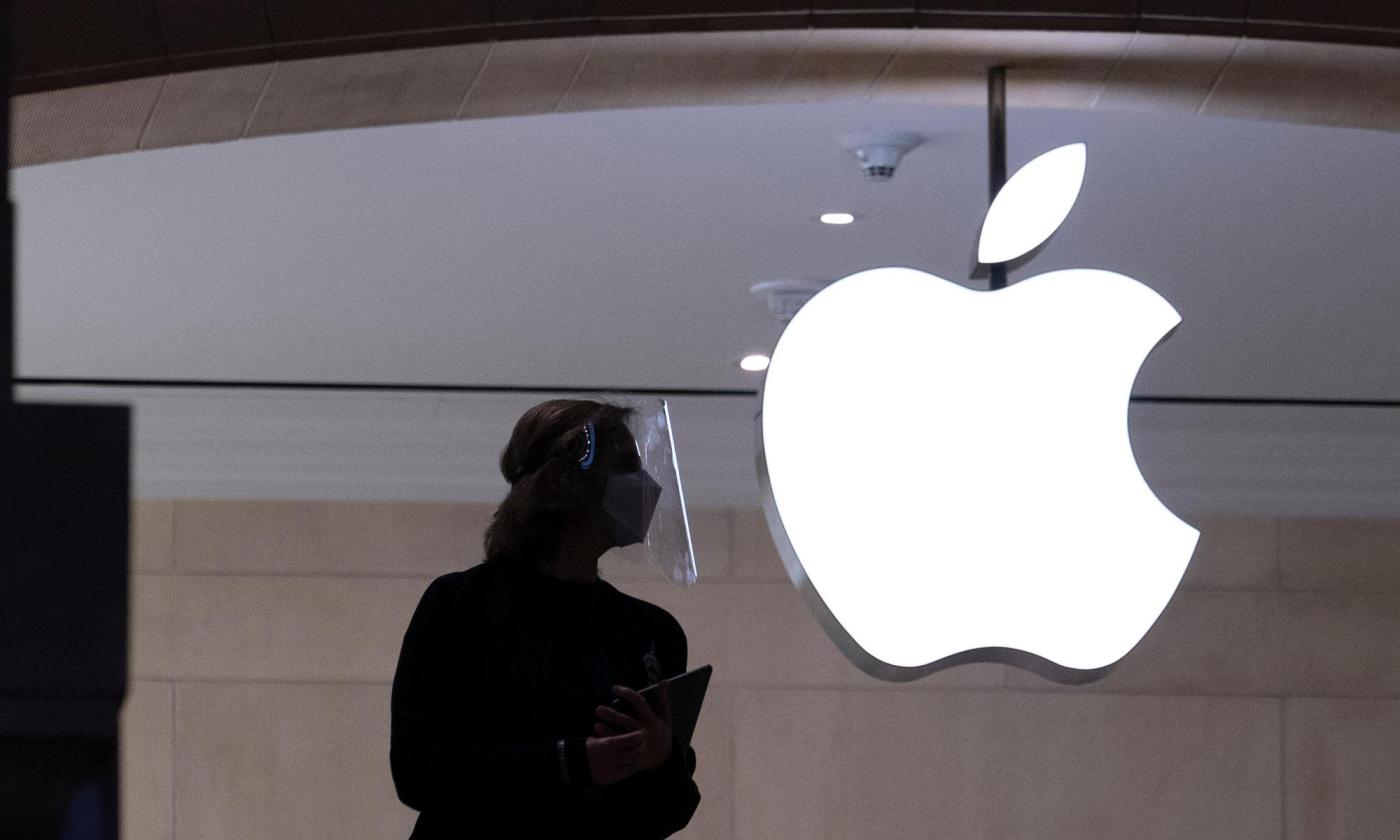(Bloomberg/Vlad Savov) — Apple Inc.’s smartphone sales in China in the weeks leading up to the iPhone 17 launch fell 6% from the year-earlier period, a deeper slump than is typical ahead of a new flagship product release.
The US company wasn’t alone in experiencing a slow summer, as sales at fellow mobile makers Xiaomi Corp., Vivo and Honor Device Co. also declined in the first eight weeks of the year’s third quarter, according to Counterpoint Research. China’s overall market shrank 2% over that period covering July and August, despite generous government subsidies to encourage consumption.
China is the world’s biggest smartphone market and Apple’s most important after the domestic US arena. The company reversed a two-year decline in China sales over the June quarter, boosted in part by the subsidies, according to Chief Executive Officer Tim Cook. But he also said that the iPhone’s customer base in Greater China hit a record over that period and he sees it helping drive consumers to the rest of Apple’s portfolio. “If you look at the other products, Mac, iPad, and Watch, the majority of customers that are buying in China mainland were new to the product,” Cook said on Apple’s latest earnings call.
Related Articles
US panel probes Huawei affiliate’s presence on Nvidia’s Silicon Valley campus
Google details £5 billion UK investment ahead of Trump visit
Tesla faces US auto safety investigation over door handles
It’s ‘do or die’ for electric vehicle maker Rivian as it breaks ground on a $5 billion plant
Abortion advocates raise alarm about social platforms removing posts in apparent overreach
Apple still has ground to make up to regain its leading position in the market, however, as it had only the sixth-largest market share, with 12%, according to Counterpoint. Xiaomi, Oppo and Huawei Technologies Co. each had 16% of sales over the summer, with leader Vivo only slightly ahead with 19% in the highly competitive market.
The new iPhone 17 is seen as the most significant upgrade Apple has brought to its iPhone lineup in years, with a refreshed design and souped-up camera system. It goes on sale globally on Friday. In response, Xiaomi has moved up the launch of its next flagship phone to this month, with co-founder and CEO Lei Jun saying he wants his company’s products to be measured against Apple’s best.
None of the data so far suggests that artificial intelligence features or enhancements are proving key sales drivers for smartphone buyers. Counterpoint’s analysts expect sales to decline slightly in China in the full third quarter and the market to remain little changed across the full year. Apple isn’t yet paying a price for its inability to roll out its Apple Intelligence suite in China, as consumers appear to still be making their purchase decisions on practical factors like battery life and value for money.
More stories like this are available on bloomberg.com
©2025 Bloomberg L.P.





